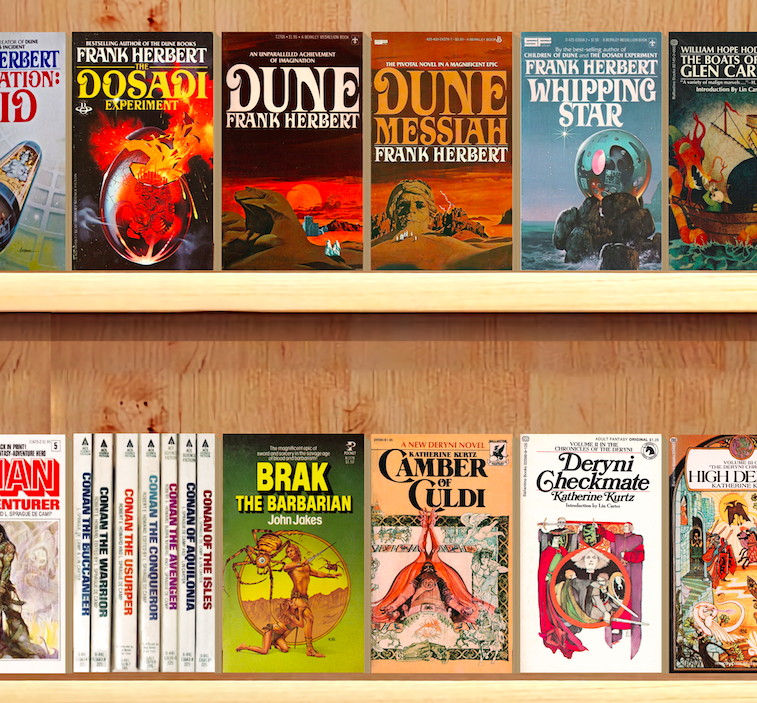“Rise like Lions after slumber
In unvanquishable number-
Shake your chains to earth like dew
Which in sleep had fallen on you
Ye are many – they are few.”
It’s not the first time Jeremy Corbyn has quoted verse XXXVIII of Percy Bysshe Shelley’s Masque of Anarchy. He recited it on the Pyramid stage at Glastonbury in 2017 in those innocent days when singing “Oh Jeremy Corbyn” to the tune of the White Stripes’ Seven Nation Army was popular and Boris Johnson had never presented his prime ministerial credentials to the Queen. Yesterday Corbyn posted that same verse on Twitter, using it to plug his and Len McCluskey’s looming anthology, Poetry for the Many, which can be preordered online by right-thinking lefties, though ideally, you’d think, not from Amazon.
Twitter was not impressed with the poem which, alarmingly, many took to be the work of the former Labour leader and still MP for Islington North. “Good heavens this is baaaaad,” tweeted uthekwane. “The whole poem is utterly dreadful and the scansion is totally broken but that use of ‘ye’ is the most pretentious shit imaginable,” tweeted Danielle Blake. “Vogons wept,” she added in another tweet. Vogons, you recall, are slug-like humanoids from Douglas Adams’s The Hitchhiker’s Guide to the Galaxy. They destroyed Earth to build an intergalactic superhighway. And they are known for their bloody awful poetry.
Another critic was mystified at the obsolete language: “Why the ye though? You would be fine. Why bring in the ye?” Perhaps the critic thought Corbyn was name-checking Kanye West, which would be cool. Lady Contrary Mary tweeted, possibly correctly, “This is a poem by someone who knows fuckall about lions.” I’m going to go out on a limb and claim that Lady Mary is no more an actual zoologist than I am. Did Shelley know anything about lions? Does Corbyn? And is this line of criticism decisive in evaluating the poem’s worth? These are deep questions for profounder minds than mine.
Corbyn’s critics used the quote to revive some old complaints. A common theme was that he should have rhymed “dew” not with “few” but with “jew” and gone on to make some antisemitic remark. But he didn’t. Others quoted even worse verse, such as Baldrick from Blackadder’s still-poignant critique of the futility of world war one: “Boom Boom Boom. Boom Boom Boom. Boom … (etc)”. Others began brightly with “There was an MP from Nantucket …” but sadly didn’t complete the rhyme.
What is striking about the response to Corbyn’s Shelley tweet is that it is not so much the lions that are rising in unvanquishable number on Elon Musk’s platform, but the unapologetic age of stupid. Many years ago, the late Trotskyist journalist Paul Foot wrote a fine book about the Etonian atheist poet’s revolutionary credentials entitled Red Shelley. You can see why Corbyn is attached to the verse, which echoes his own campaign line: “For the many, not the few”. But why would anyone assume he had written it?
Sadly things were to get worse. “Its [sic] actually by Shelley, whoever that is,” Lady Mary tweeted to Danielle Blake later on in this most edifying of Twitter threads. Danielle, Lady Mary and others might do well, not just to remedially read Shelley’s work, but also Richard Holmes’s biography of Shelley. It really is excellent.
But hold on. Aren’t we approaching this wrongly? Perhaps Twitter has a point. The scansion is poor and the references elsewhere in the poem to then prime minister Lord Castlereagh are hardly topical. Moreover, the poem is the predictable go-to for lefties dreaming of a revolution that never happens. In 1980 the Jam quoted these lines on their album Sound Affects but I don’t recall the British people rising up to oust Margaret Thatcher. Perhaps we need new poems for new times.
“Poetry,” WH Auden wrote, “makes nothing happen.” Good point. You can count the number of revolutions started by poetry on the fingers of no hands. But Auden was wrong. Sometimes poetry is more effective than anything else – not in bringing lions out of their slumber as much as boneheads out of the woodwork.


